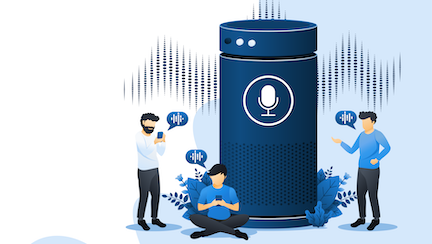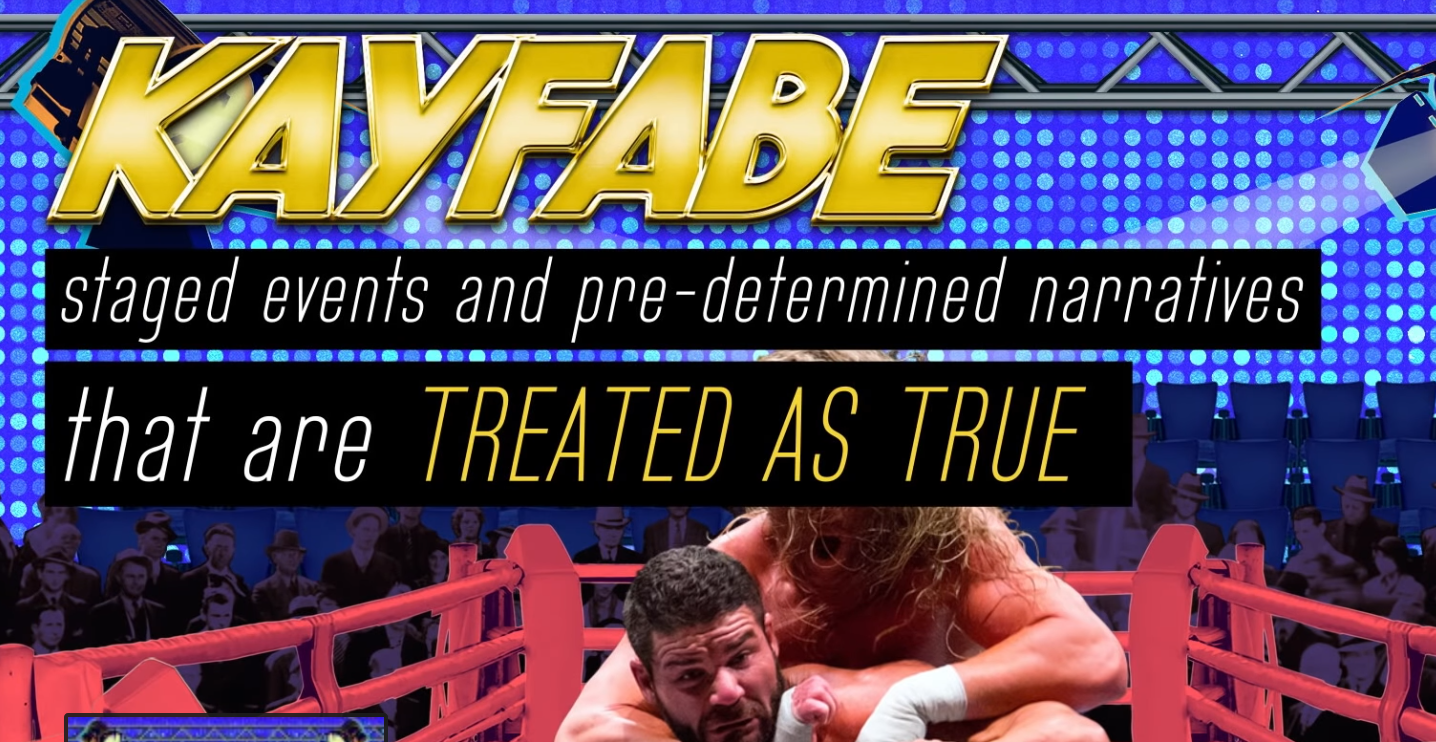
The Searchable You. Part 1. Keep your resume. Your Google and Facebook, please.
You’re going to an interview for your first job. It’s going great.
Then the hiring manager asks about that time you looked passed out at a college dorm party.
“What? How did they know that?” you think to yourself.
Then they ask if you still hold the view in an old blog post that the war in Abukasstan is unjust.
“What’s this got to do with being an accountant!? What else do they know?” you think.
You and your life are searchable.
Your prospective employer did a search. It’s not unusual. A 2018 CareerBuilder survey reports that 70% of prospective employers search and scan social media to screen candidates during the hiring process.
Searches for you doesn’t stop once you get the job.
The same survey reports that 43% of employers continue to review your searchable digital life to further check your background and behaviors while as an employee.
In some ways, it makes perfect sense. Today, if you are looking for a good restaurant, you do a search. Many times that includes seeking customer reviews. So searching for the right employee isn’t much of a stretch from that idea.
What are employers looking for in their search? According to Careerbuilder:
58% look for information supporting a candidate’s qualifications for the job
50% want to ensure the candidate has a professional online persona
34% want to see what other people are posting about the candidate
What gives them the right to do a search on you?
Guess what? You said, “yes” to being searched, many times.
To steal a bit of the Miranda ruling: “You have the right to remain silent. Anything you say can be used in a court of law…”
To which, you said or typed, “So, I got really wasted at my friend’s party and….”
In the world of social media, many of us are blabbermouths (here’s my kid, our my trip to Vegas, etc.). Our propensity to be chatty, value signal, and show off our lives drives most of us to waive our rights to keep our information private in the digital world.
To share our lives and ideas, we’ve agreed to the Terms and Conditions on Facebook, then Google, then LinkedIn, etc. We’ve surrendered our data and control until, little by little, these services have collected a massive amount of (searchable) data about us.
And because marketers want to find out about you and get the best profile of you as possible, all that data you provide from sources, like the ones below, finds a way to come together.
Google Maps, Your current location, where you traveled)
Google search history. Topics that you have an interest in)
Facebook post. Text and image and “likes” that communicate your views or preferences)
Relationships. Matching your contacts with a site’s contacts to map your relationships with other people.
Posts. (Words, ideas, rants or screeds that you’ve published on the web have been captured and searchable.
Twitter. Each tweet an opportunity to say something that is or can be misconstrued as offensive or bad behavior
Your Apple Watch or Fitbit. Your health data is made available.
Your DNA. Through services like 23&Me, it was recently revealed that the FBI has access to the DNA records of up to 48% of the public.
Pictures. Google, Dating Apps, and other sources have been scanning your face and are getting better at identifying you online and in other people’s apps.
As you share, you are leaving a trail that others, like employers, will find.
But so will others. What are the consequences when your history finds its way into the searchable present?
That’s for the next post, next week.































